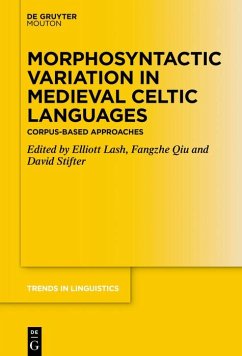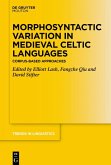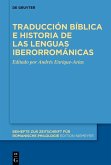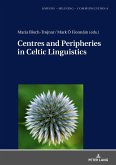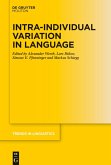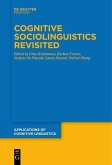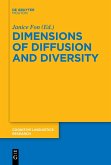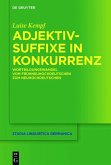This book showcases the state of the art in the corpus-based linguistics of medieval Celtic languages. Its chapters detail theoretical advances in analysing variation/change in the Celtic languages and computational tools necessary to process/analyse the data. Many contributions situate the Celtic material in the broader field of corpus-based diachronic linguistics. The application of computational methods to Celtic languages is in its infancy and this book is a first in medieval Celtic Studies, which has mainly concentrated on philological endeavours such as editorial and literary work. The Celtic languages represent a new frontier in the development of NLP tools because they pose special challenges, like complicated inflectional morphology with non-straightforward mappings between lemmata and attested forms, irregular orthography, and consonant mutations. With so much data available in non-electronic form and ongoing efforts to convert these data to computer-readable format, there is much room for the developing/testing of new tools. This books provides an overview of this process at a crucial time in the development of the field and aims to the data accessible to computational linguists with an interest in diachronic change.
Dieser Download kann aus rechtlichen Gründen nur mit Rechnungsadresse in A, B, BG, CY, CZ, D, DK, EW, E, FIN, F, GR, HR, H, IRL, I, LT, L, LR, M, NL, PL, P, R, S, SLO, SK ausgeliefert werden.

